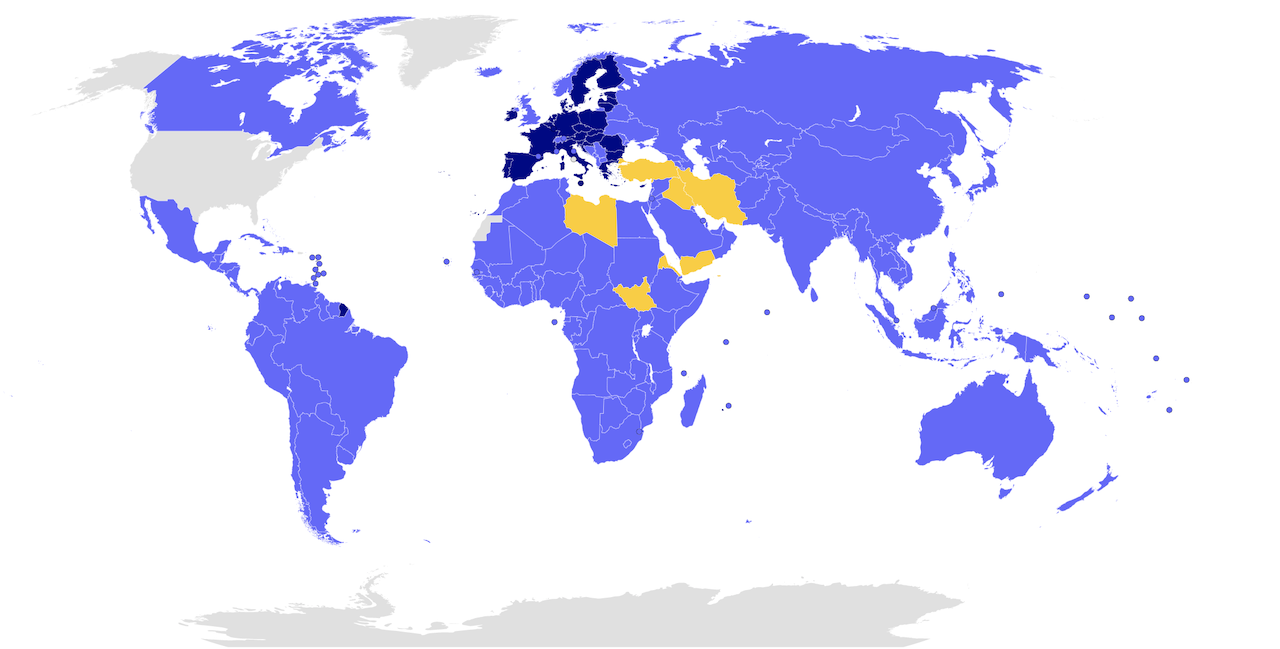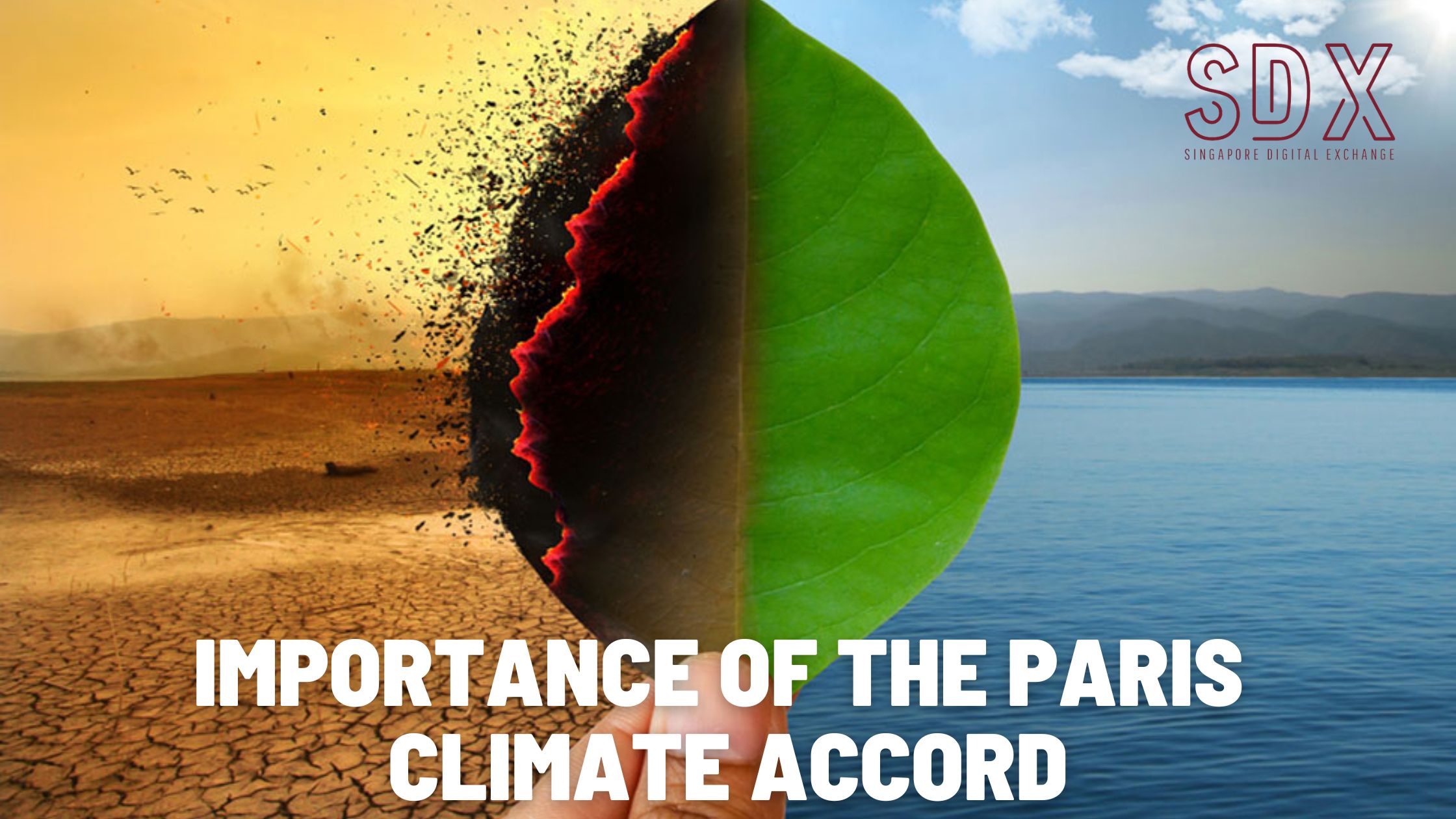Understanding the Paris Climate Accord: A Global Effort to Combat Climate Change
The Paris Climate Accord, officially known as the Paris Agreement, is an international accord signed by nearly 200 countries in December 2015 to combat climate change. The agreement is considered a landmark moment in the fight against global warming, and its impact will be felt for generations to come. In this article, we will delve into the history of the Paris Climate Accord, its key provisions, and the efforts being made to implement it.
The Paris Climate Accord builds upon the legacy of the Kyoto Protocol, which was signed in 1997 by 192 countries. However, the Kyoto Protocol had some significant shortcomings, including the fact that it only applied to developed countries and did not provide a binding framework for climate action. The Paris Agreement, on the other hand, is a more comprehensive and inclusive agreement that applies to all countries, regardless of their economic or industrial development.
The Paris Climate Accord sets a framework for countries to reduce their greenhouse gas emissions and limit global warming to well below 2 degrees Celsius and pursue efforts to limit it to 1.5 degrees Celsius above pre-industrial levels. The agreement also establishes a mechanism for countries to report their progress and provides a framework for financing climate change mitigation and adaptation efforts in developing countries.
The key provisions of the Paris Climate Accord include:
- Nationally Determined Contributions (NDCs): Each country is required to submit its NDC, which outlines its commitment to reducing greenhouse gas emissions and adapting to the impacts of climate change.
- Global Stocktake: The agreement establishes a global stocktake every five years to assess collective progress toward achieving the agreement's goals.
- Financing: The agreement provides a framework for mobilizing finance to support climate change mitigation and adaptation efforts in developing countries.
The implementation of the Paris Climate Accord is a complex and ongoing process. Countries are working to meet their NDCs, and the global stocktake is expected to provide a critical assessment of collective progress. However, the agreement is not without its challenges. Many countries are struggling to implement their NDCs, and the global stocktake has raised questions about the effectiveness of the agreement.
Despite these challenges, the Paris Climate Accord has had a significant impact on the global effort to combat climate change. The agreement has raised awareness and mobilized action on climate change, and it has provided a framework for countries to work together to address this global challenge.
In the following sections, we will explore the history of the Paris Climate Accord, the key provisions of the agreement, and the efforts being made to implement it.
History of the Paris Climate Accord
The Paris Climate Accord has its roots in the Copenhagen Accord, which was agreed upon in 2009. The Copenhagen Accord was a non-binding agreement that called for developed countries to provide $100 billion per year in climate finance to developing countries by 2020.
In the following years, the international community continued to work on a new agreement to address climate change. In 2013, the United Nations Conference on Sustainable Development (Rio+20) took place in Rio de Janeiro, Brazil, where the international community came together to discuss the future of the global climate regime.
Key Provisions of the Paris Climate Accord
The Paris Climate Accord is based on several key principles, including:
- The principle of equity: The agreement recognizes that climate change is a global problem that requires a global response.
- The principle of ambition: The agreement sets a framework for countries to increase their ambition over time.
- The principle of cooperation: The agreement establishes a framework for countries to work together to address climate change.
The agreement also includes several provisions that provide a framework for implementation, including:
- Nationally Determined Contributions (NDCs): Each country is required to submit its NDC, which outlines its commitment to reducing greenhouse gas emissions and adapting to the impacts of climate change.
- Global Stocktake: The agreement establishes a global stocktake every five years to assess collective progress toward achieving the agreement's goals.
- Financing: The agreement provides a framework for mobilizing finance to support climate change mitigation and adaptation efforts in developing countries.
The Role of Non-Party Stakeholders
Non-party stakeholders, including civil society organizations, the private sector, and other countries, play an important role in the implementation of the Paris Climate Accord.
Building Climate Resilience
Climate resilience is critical to building the ability of countries to adapt to the impacts of climate change.
Support for Developing Countries
The Paris Climate Accord provides a framework for developed countries to support climate change mitigation and adaptation efforts in developing countries.
Implementing the Paris Climate Accord
The implementation of the Paris Climate Accord is a complex and ongoing process. Countries are working to meet their NDCs, and the global stocktake is expected to provide a critical assessment of collective progress.
Key Challenges
Several challenges need to be addressed to ensure the success of the Paris Climate Accord, including:
- Achieving NDCs: Many countries are struggling to implement their NDCs, and there is a need for increased ambition and support.
- Financing: The agreement provides a framework for mobilizing finance to support climate change mitigation and adaptation efforts in developing countries, but there is still a need for increased support.
- Climate Resilience: Climate resilience is critical to building the ability of countries to adapt to the impacts of climate change.
Opportunities and Flexibilities
The Paris Climate Accord provides several opportunities and flexibilities for countries to implement the agreement, including:
- Nationally Determined Contributions (NDCs): Countries have the flexibility to set their own NDCs, which allows for greater ambition and flexibility.
- Global Stocktake: The global stocktake provides a framework for countries to assess collective progress toward achieving the agreement's goals.
Christian Keyes Father
Kaitlyn Krems Fans
Jelly Beansrome
Article Recommendations
- Karlan And Connieenio Crimecene Pos
- Justin Bieberead
- Katy Lane Newcombe
- Hattel Alan
- Bonmati Partner
- Watchports Online Free
- Livvyunne
- Aishah Hasnie No Makeup
- Es Nl
- Jasmin Gassmann



